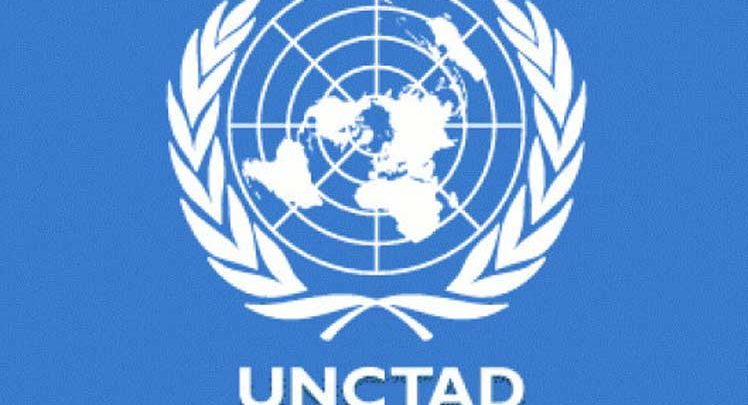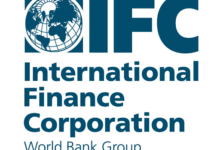
UNITED NATIONS CONFERENCE ON TRADE AND DEVELOPMENT (UNCTAD)
Armenia can aim for billion-dollar export sales over the next 10 to 20 years in several activities that, if properly leveraged through effective investment promotion, could help concretize the economic revolution promised by the country’s authorities. This is among the key conclusions of UNCTAD’s investment policy review (IPR) of the country.
The IPR of Armenia, launched 12 November at the eleventh session of UNCTAD’s Commission on Investment, Enterprise and Development, highlights the country’s potential across a range of industries, including the booming high-tech industry, tourism, textile and garments, wine, agri-business and pharmaceuticals.
It also explores nascent activities for billion-dollar club candidates – industries with potential but for which it is too early to set such export targets. These include business process outsourcing, regional logistics and food safety, aircraft repair and maintenance, regional financial services and higher education.
Armenia is no exception to the global foreign direct investment (FDI) trend. Investment flows are struggling to recover from the heights reached before the financial crisis. A wait-and-see attitude prevails among investors, who have reacted with caution to the recent political transition.
Investment policy reforms needed
Achieving the government’s vision of fighting poverty and unemployment through a structural transformation of the economy will require investment policy reforms and a more significant investment promotion effort.
“Our country is ripe for an economic revolution based on high-tech and innovative activities and we are working to modernize the business environment,” said Armenia’s ambassador to the UN in Geneva, Andranik Hovhannisyan. “Timing for investment in Armenia is now both right and ripe,” added the country’s United Nations resident coordinator, Shombi Sharp.
“The IPR will help us approach the fundamentals of our reform agenda through the prism of the Sustainable Development Goals and will provide us with a structured roadmap to engage with our international partners for development support,” said Arman Hovnanyan, deputy minister of economy.
UNCTAD’s director of investment and enterprise, James Zhan, stressed that the IPR, which was undertaken at the request of the president of Armenia, takes into account comparative advantages and constraints. It makes recommendations to develop an export-led growth through efficiency-seeking FDI.
Deputy minister of economy Avag Avanesyan underlined that “trade, investment and value addition go hand in hand” and stressed that “the IPR provides a blueprint on how to move forward in a sustainable and committed way.”
Promoting inclusive growth
Beyond measures to tap the export potential through investment, the IPR includes the broader policy objective of promoting inclusive growth and sustainable development. It underlines specific measures for spreading benefits to the country’s regions, creating employment and linkages with local suppliers, including by moving to full package manufacture in the textiles and garments industry, and extending benefits of tourism to areas outside the capital Yerevan.
The IPR also shows ways to deepen the high-technology sector and make Armenia a leading hub for innovation, data science and artificial intelligence. It outlines how to extend research and development capability in the pharmaceutical industry to transform a small generics industry into larger-scale manufacturing.
Investment in the target industries can come from a mix of sources, including domestic, FDI and joint ventures, and the diaspora, Armenia’s key competitive advantage, will continue to play a key role, the IPR says.
For each target industry, a tailored investment promotion strategy needs to envision sector-specific policy packages, including but not limited to tax policy measures and specific actions to improve the overall investment climate, concludes the IPR.
Over the last 20 years, UNCTAD has supported over 50 developing countries and countries with economies in transition by conducting investment policy reviews. It has also provided technical support to implement the reviews’ recommendations. Studies show the reviews have helped countries attract and benefit more from increased FDI, while improving their business climate.
By Investment Policy Review and UNCTAD







